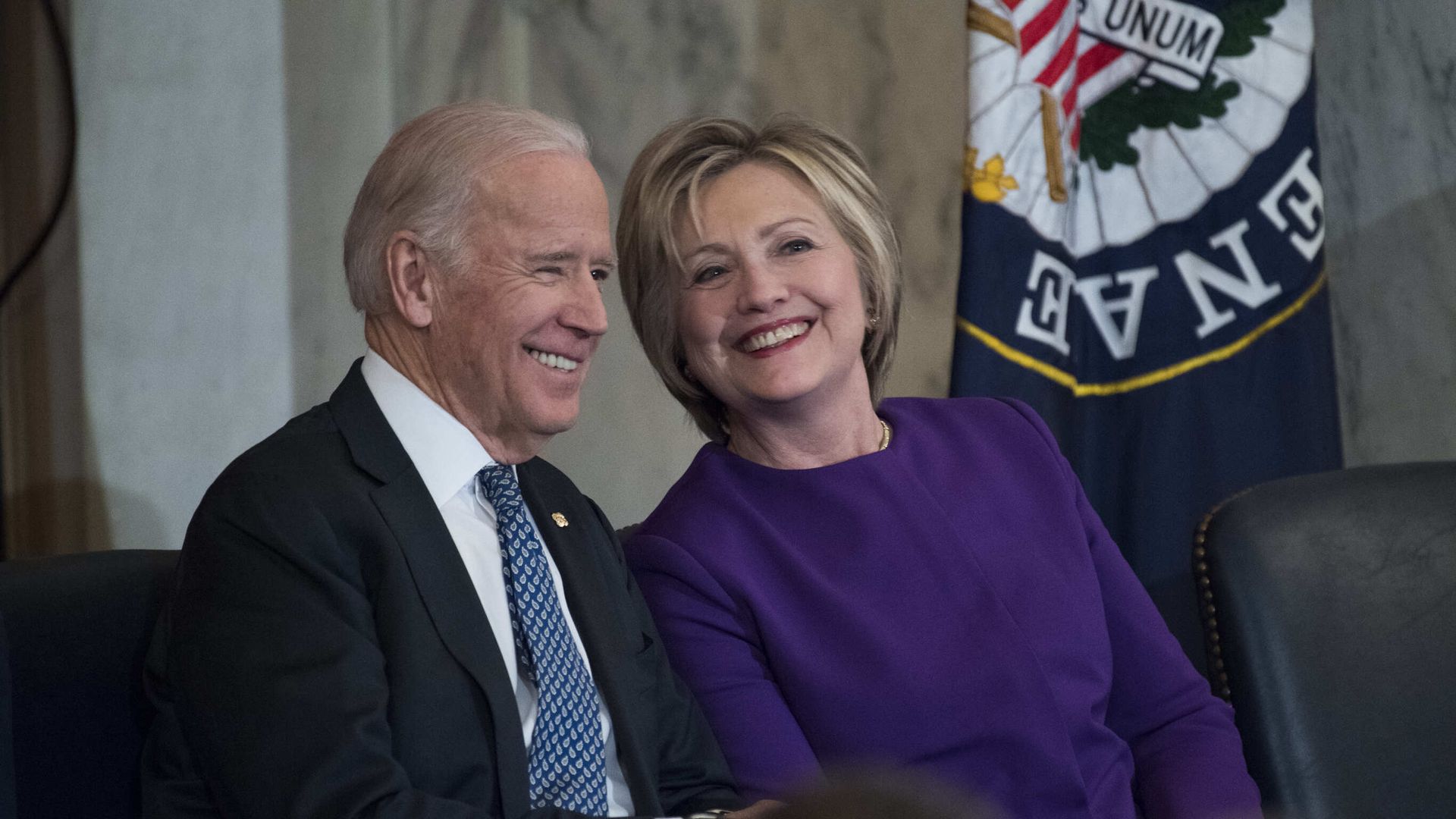
A version of this article was originally published in The Daily Brief, our Maine politics newsletter. Sign up here for daily news and insight from politics editor Michael Shepherd.
With Augusta under firm Democratic control since 2018, Gov. Janet Mills has found her preference for grand bargains at odds with progressives who want bold action on certain issues.
This is happening again on paid family and medical leave. The subject was addressed somewhat in the first months of Mills’ tenure in 2019, when the Legislature passed a paid leave mandate covering roughly 85 percent of the workforce. Republicans and business groups were on board with that deal, which allowed workers at businesses with more than 10 employees for more than three months in a year to accrue 40 hours of leave per year.
But that mandate is barely in the same category as the kinds of leave programs that 11 states have adopted. They are more sweeping and funded through payroll taxes. That kind of program has been studied by a legislative commission for more than a year and forms the basis of a referendum already being proposed by progressive groups for Maine’s 2023 ballot.
They are making headway. The coalition behind the referendum gathered roughly 51,000 signatures on Election Day, a spokesperson for the Maine People’s Alliance said this week. Groups trying to get on the ballot in Maine usually try to collect 90,000 signatures, but they need more than 63,000 from registered voters to make the ballot.
This effort would allow Maine workers 16 weeks paid leave per year for circumstances including childbirth, recovery from health conditions and taking care of family members. New payroll taxes that add up to roughly $430 per year for a worker making $50,000 per year at a company with 15 or more employees would fund the program.
This drive should be mostly read as a way to put pressure on Mills and the Legislature. Such a program would rub up against a campaign pledge from the governor to not raise taxes. Republicans have worried about draft proposals’ effects on employers, while one chamber of commerce has said the Legislature is the best place to solve the issue. Some lobbyists believe this is a subject on which the governor will again try to marshal consensus support.
That could be a more difficult task with the referendum hanging over negotiations. Likely tension among Democrats will make this one of the most fascinating topics of debate in Augusta. The engagement from business groups and Republicans is going to play a role in any solution as well.









